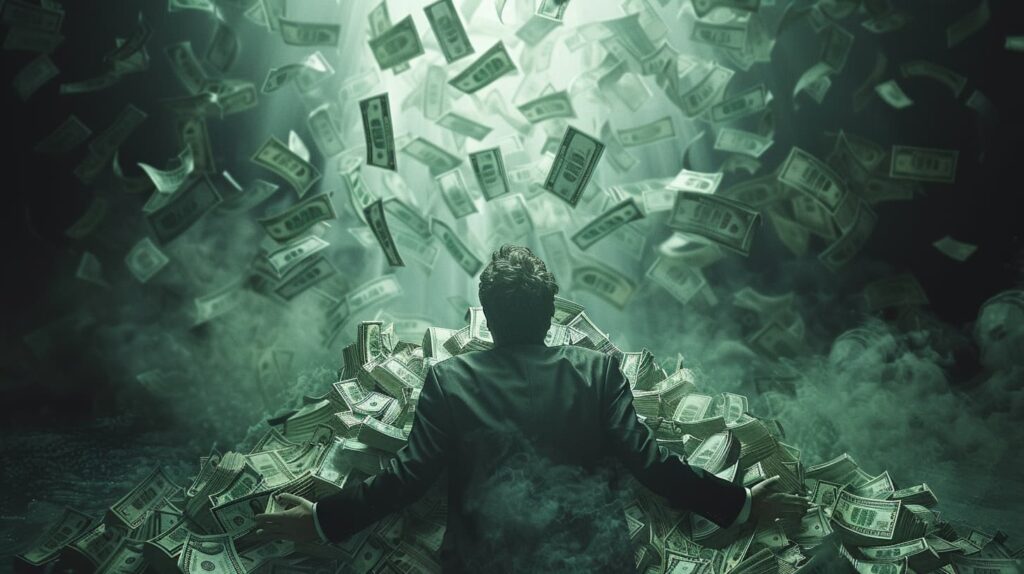Legendary hedge fund manager and billionaire Paul Tudor Jones says the market is entering conditions that mirror the final stretch of the late-1990s tech boom — a setup he believes could unleash explosive rallies in the months ahead.
In a Squawk Box interview, Jones says the mix of monetary policy and speculative enthusiasm now feels almost identical to the peak years of the dot-com era.
He says market conditions today are akin to “Prince’s song” following multi-billion-dollar chip deals between OpenAI, Nvidia and AMD.
“Well, it’s like the Prince song. It’s 1999, party like it’s 1999, right? Feels exactly like 1999. I don’t know whether we’ll actually replay it exactly, but I think all the ingredients are in place.”
Jones recalls how the Nasdaq exploded 100% in just five months during the final phase of the 1999 bubble.
“And remember, the Nasdaq doubled between the first week of October 99 and March of 2000. So, if it looks like a duck and quacks like a duck, it’s probably not a chicken.”
Jones says the policy and fiscal backdrops today are even more explosive than in the late 1990s, with rate cuts replacing the rate hikes that marked the earlier cycle.
“1999, we were looking at a rate hike in November. Now we’re looking at a rate cut… three or four rate cuts, probably at least…
We had a budget surplus in 99-2000. Now we’ve got a 6% budget deficit. That fiscal-monetary combination is a brew that we haven’t seen since the post-war period, early 50s… and that was crazy times.”
But he warns that while the setup is likely to reward risk-takers in the short term, it could end violently.
“If you don’t play it, you’re missing out on the juice. If you do play it, you have to have really happy feet because there will be a really, really bad end to it.”
Disclaimer: Opinions expressed at CapitalAI Daily are not investment advice. Investors should do their own due diligence before making any decisions involving securities, cryptocurrencies, or digital assets. Your transfers and trades are at your own risk, and any losses you may incur are your responsibility. CapitalAI Daily does not recommend the buying or selling of any assets, nor is CapitalAI Daily an investment advisor. See our Editorial Standards and Terms of Use.


